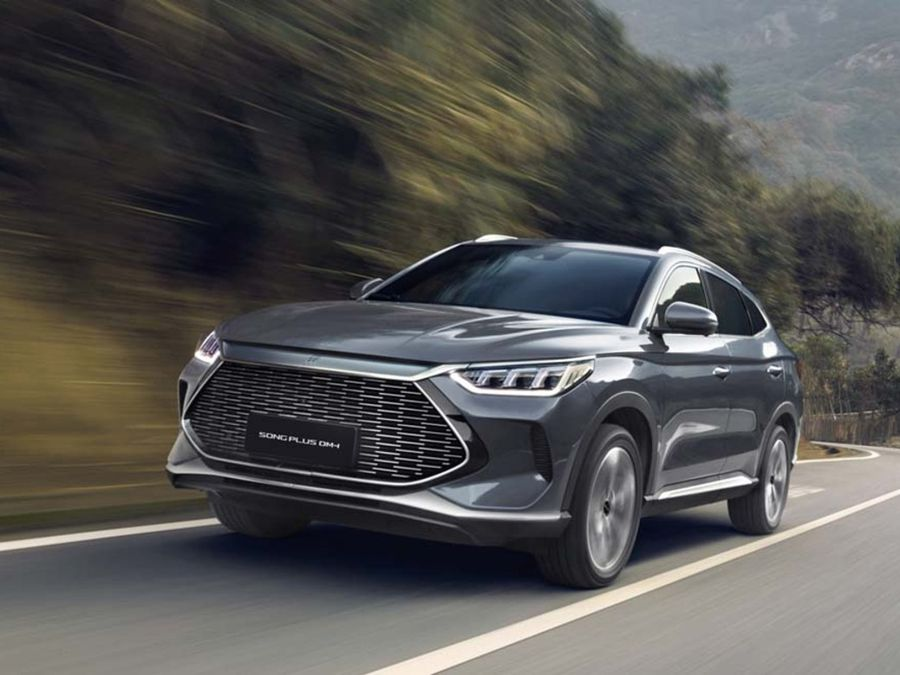As the world shifts towards sustainable transportation, electric vehicles (EVs) are at the forefront of innovation. In 2024, revolutionary EV battery technology is set to transform the landscape, promising to boost range and charging speeds. Imagine driving an electric car across the country with fewer charging stops or recharging your vehicle in the time it takes to grab a coffee. This article explores how cutting-edge battery advancements are making these visions a reality and what it means for the future of mobility.
The Evolution of EV Battery Technology
Breakthroughs in Battery Chemistry
One of the most exciting developments in EV battery tech is the advancement in battery chemistry. Solid-state batteries, long considered the holy grail of battery technology, are finally moving from labs to production. According to BloombergNEF, these batteries promise a significant leap in energy density, which could increase the range of electric vehicles by 50% compared to traditional lithium-ion batteries. Furthermore, solid-state batteries charge faster and are less prone to overheating, enhancing both safety and performance.
- Energy Density: Up to 500 Wh/kg, compared to 250 Wh/kg for conventional lithium-ion batteries.
- Faster Charging: Potential to charge 80% in under 15 minutes.
- Safety: Reduced risk of thermal runaway and fires.
Innovations in Fast-Charging Technology
Fast-charging technology is another area where we see rapid advancements. Companies like Tesla and ChargePoint are developing ultra-fast chargers capable of delivering over 350 kW of power, drastically reducing charging times. According to InsideEVs, the latest models can recharge up to 80% in just 10 minutes. This development not only makes EVs more convenient for long-distance travel but also alleviates range anxiety, a major barrier to EV adoption.
The Role of AI and Smart Charging
Artificial intelligence (AI) and smart charging systems are revolutionizing how EVs interact with the grid. These systems optimize charging schedules based on energy demand and availability, ensuring efficient use of renewable energy sources. As reported by TechCrunch, smart charging can reduce energy costs by up to 30% and extend battery life by minimizing overcharging.
Best Electric Vehicles of 2024
Top Picks for Range and Efficiency
In 2024, several electric vehicles stand out for their impressive range and efficiency, thanks to the latest battery technologies.
- Tesla Model S Plaid
– Range: 520 miles
– Charging Time: 15 minutes for 200 miles
– Price: Starting at $94,990
- Lucid Air Dream Edition
– Range: 503 miles
– Charging Time: 20 minutes for 300 miles
– Price: Starting at $169,000
- Ford Mustang Mach-E
– Range: 312 miles
– Charging Time: 38 minutes for 80% charge
– Price: Starting at $42,995
These models not only offer extended range but also integrate the latest in driving technology, providing a seamless and enjoyable experience.
How to Choose Your First Electric Car
Factors to Consider
When choosing your first electric car, consider the following factors to ensure it meets your needs:
- Range: Ensure the vehicle can cover your daily commute and occasional longer trips.
- Charging Infrastructure: Check the availability of charging stations in your area.
- Budget: Balance the initial cost with potential savings on fuel and maintenance.
- Performance: Consider acceleration, handling, and available features.
Pros and Cons List
| Pros | Cons |
|---|---|
| Lower operating costs | Higher upfront cost |
| Environmental benefits | Limited range compared to gas vehicles |
| Convenient home charging | Charging infrastructure still developing |
Charging Guide for Beginners
Simple Steps to Efficient Charging
- Install a Home Charger: Invest in a Level 2 charger for faster home charging.
- Plan Your Routes: Use apps like PlugShare to locate charging stations.
- Optimize Charging Times: Charge during off-peak hours to save on electricity costs.
- Monitor Battery Health: Use vehicle apps to track battery status and maintenance needs.
Understanding these basics will help new EV owners maximize their vehicle’s potential and enjoy a worry-free driving experience.
Conclusion: The Future of EVs is Bright
The advancements in EV battery technology in 2024 are not just incremental but revolutionary. As solid-state batteries become mainstream and fast-charging networks expand, the limitations once associated with electric vehicles are rapidly diminishing. These innovations promise a future where EVs are not only a sustainable choice but also a more convenient and exciting mode of transportation.
Are you ready to embrace the future of electric mobility? With these groundbreaking technologies, there’s never been a better time to consider making the switch. As we look ahead, the possibilities for EVs are endless, and the journey has only just begun. Keep an eye on this space as we continue to explore the electrifying world of electric vehicles.

